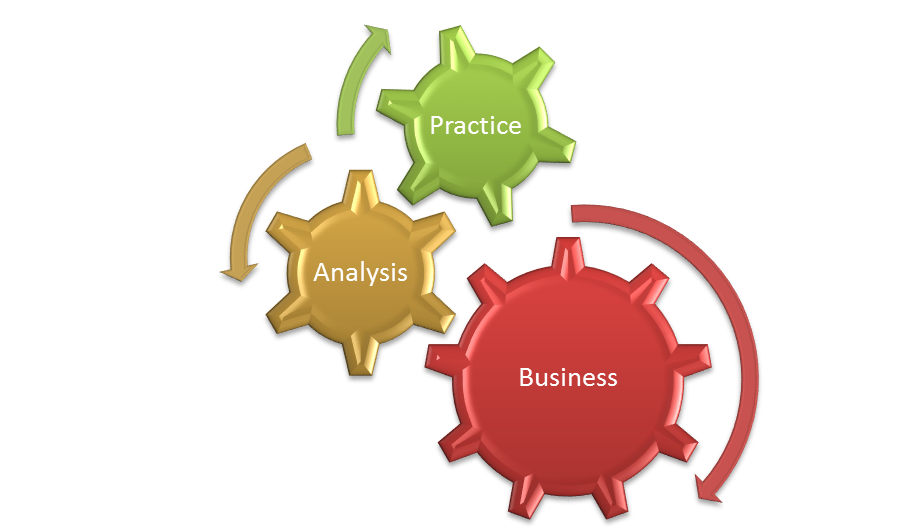Oxford is a city located in South East region of England and county town of Oxford-shire. In 2015, it had a population of 168,270 that makes it 52nd the largest town in the United Kingdom. Oxford is one of the fastest growing and diverse city. From London, Oxford is situated at 57 miles, 69 miles from Bristol, 62 miles from both Birmingham and Southampton and 25 miles from Reading.
It is a home of the University of Oxford that is the oldest university in the English-Speaking world. Oxford is also known as ‘City of Dreaming Spires’, and poet Matthew Arnold invented this term. Oxford has a wide economic base. Various industries in Oxford include education, publishing, motor manufacturing, science-based businesses, academic offshoots and various information technology.
History
The first cinema in Oxford was established in 1910. Christchurch Memorial Gardens was laid out in 1926. In 1913 fate of Oxford changed when a man named Morris began making cars in the city. In 1919 radiator making company was developed and in 1928 pressed steel company that made car bodies. Oxford was prosperous city and important manufacturing center. In 1929 boundaries of the city was extended to include Summertown, Wolvercote, Headington, Cowley and Iffley. Oxford police station was established in 1936, and 1930’s various new houses were built in Cowley, North Hincksey and Botley. Museum of History of Science was opened in 1924, and Hincksey Park was opened in 1934. In 1953 St Clares College was opened and in 1965 Cowley Shopping Centre opened. Gallery of Modern Art in Oxford was opened in 1966 and College of Further Education was established in 1972. Meanwhile, Roger Bannister became the first person to run a mile in less than 4 minutes at Oxford.
Today major industries in Oxford are car manufacturing, making vehicle parts and publishing. There is a biotech industry in Oxford. In 2006 Oxford Castle opened to the public and now the population is 151,000.
More about Oxford City
Oxford also called ‘City of Dreaming Spires’ is famous for its place in history and the University. For around 800 years, it has been home to various scholars and royalties. Nowadays city has become a cosmopolitan town. With the home to ancient university, it is also growing in information technology. Various businesses are located in and around the city. Oxford is a perfect mix of old and modern and plenty of tourists visit here. They visit many historic buildings, museums, colleges, going out for meal or drink, watching the show or doing shopping, Oxford contain everything.
Whether visiting for pleasure or business in Oxford, you will find a broad range of hotels, apartments, accommodation and self-catering services. Oxford is little away from various other attractions and capital city, London.

 ENQUIRE
ENQUIRE
 REQUEST CALLBACK
REQUEST CALLBACK
 GET A FREE QUOTE
GET A FREE QUOTE


 Introduction
Introduction Course Details
Course Details Course Content
Course Content





 London
London